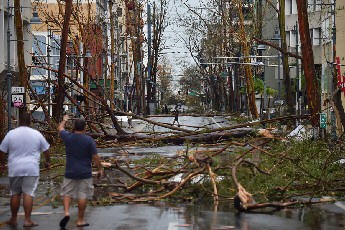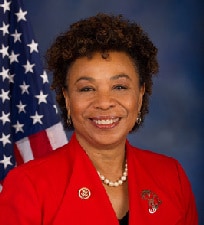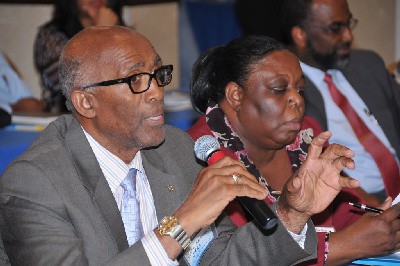America’s islands (Puerto Rico and Virgin Islands) need help

by Dennis Lennox
After years of being ignored, the territories of Puerto Rico and the Virgin Islands are the center of attention for all the wrong reasons following the devastation of hurricanes Irma and Maria.
While Texas and Florida were also hit hard by recent hurricanes, the situation in America’s Caribbean is far worse.
Being islands, the basic logistics of recovery efforts are not just significantly more difficult, but also significantly more expensive.
Unlike on the mainland, a convoy of linemen and trucks can’t drive down interstate highways to afflicted communities to rebuild the otherwise wiped-out utilities. Everything must be transported by cargo plane or ship.

In the case of ships, this has been complicated by a mercantilist law, commonly known as the Jones Act, that prohibits a foreign-flagged vessel from assisting in the recovery by sailing critical assets or supplies between say Miami and San Juan. While Puerto Rico was temporarily exempted at Gov. Ricardo Rosselló’s request, the law remains on the books.
It’s even more cumbersome in the Virgin Islands, which is its own distinct customs zone. This means anything of value arriving on the islands of St. Croix, St. Thomas or St. John has to clear customs and could be subjected to duty.
President Donald Trump has committed significant federal resources to both Puerto Rico and the Virgin Islands with more than 1.5 million meals and 1.1 million liters of water provided by federal authorities since Maria’s landfall. Democrats say that’s not enough, but the reality is their criticism is motivated by parochial politics, as the mainland’s large Puerto Rican and Virgin Islander communities are mostly found in Democratic congressional seats.
The real issue, however, are the territorial governments.
With over $70 billion in debts, Puerto Rico was bankrupt before the hurricanes struck, which further decimated the government’s already diminished capacities.
Meanwhile, the Virgin Islands government was basically insolvent and unable to fund or competently provide essential services under the weight of $6.5 billion in debt owed to pensioners and creditors. If that wasn’t bad enough, the territory, frozen out of bond markets, stopped providing critical information to rating agencies. At one point, the government itself even admitted to having less than three days cash-on-hand. The situation can only be even worse now.
It’s obviously complicated, but past administrations and congressional majorities of both parties looked the other way when writing checks to the territories. There were never enough follow-up questions — the sort of scrutiny that could have averted the fiscal crises plaguing Puerto Rico and the Virgin Islands — but then again what do you expect when the territories fall under the oversight of congressional committees that primarily deal with natural resources and public lands.
Few in Washington look at the territories and see more than a collection of far-flung islands that are little more than historical relics from the age of empire and manifest destiny. Regardless, that’s neither here nor there anymore.
The obvious challenge to full recovery is solving each territory’s fiscal crisis.
Transferring billions from the federal treasury to the islands won’t be effective if the governments of Puerto Rico and the Virgin Islands can’t effectively and responsibly spend the money, either because a government has no capabilities or outstanding debts make any rebuilding projects beyond federal assistance levels all but impossible.
Dennis Lennox most recently lived in the Virgin Islands, where he was executive director of the territorial Republican Party.





